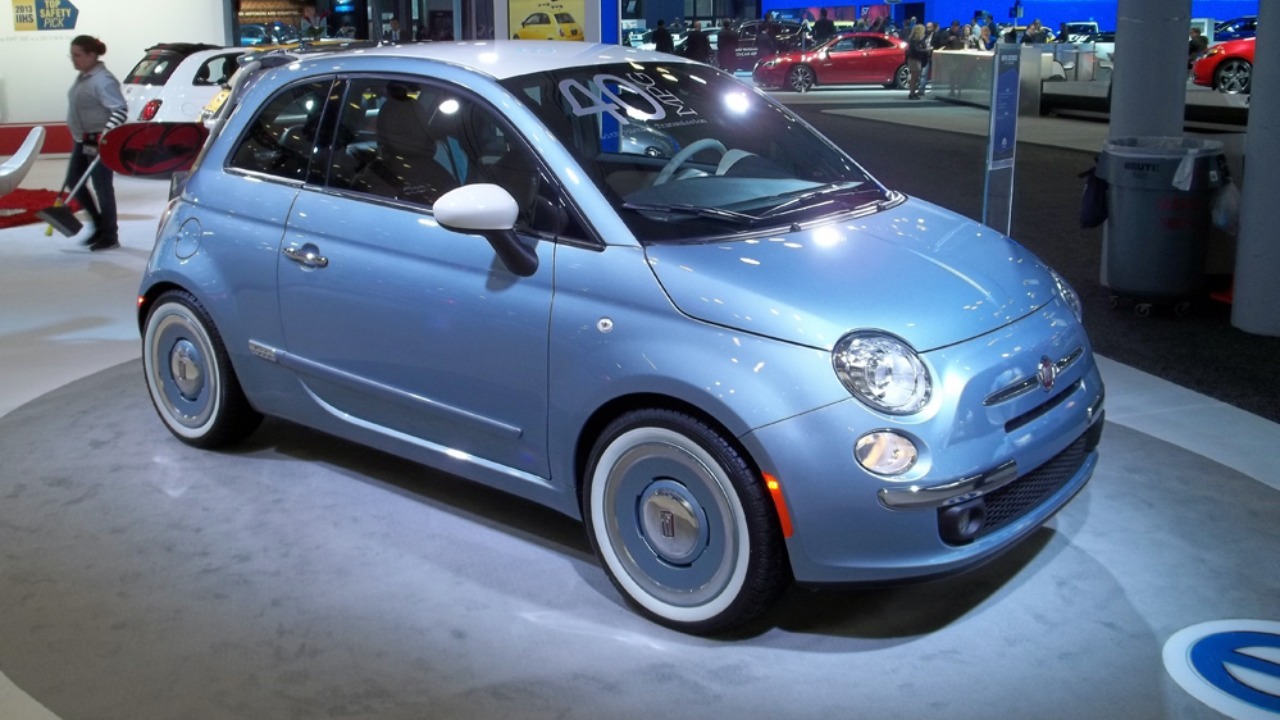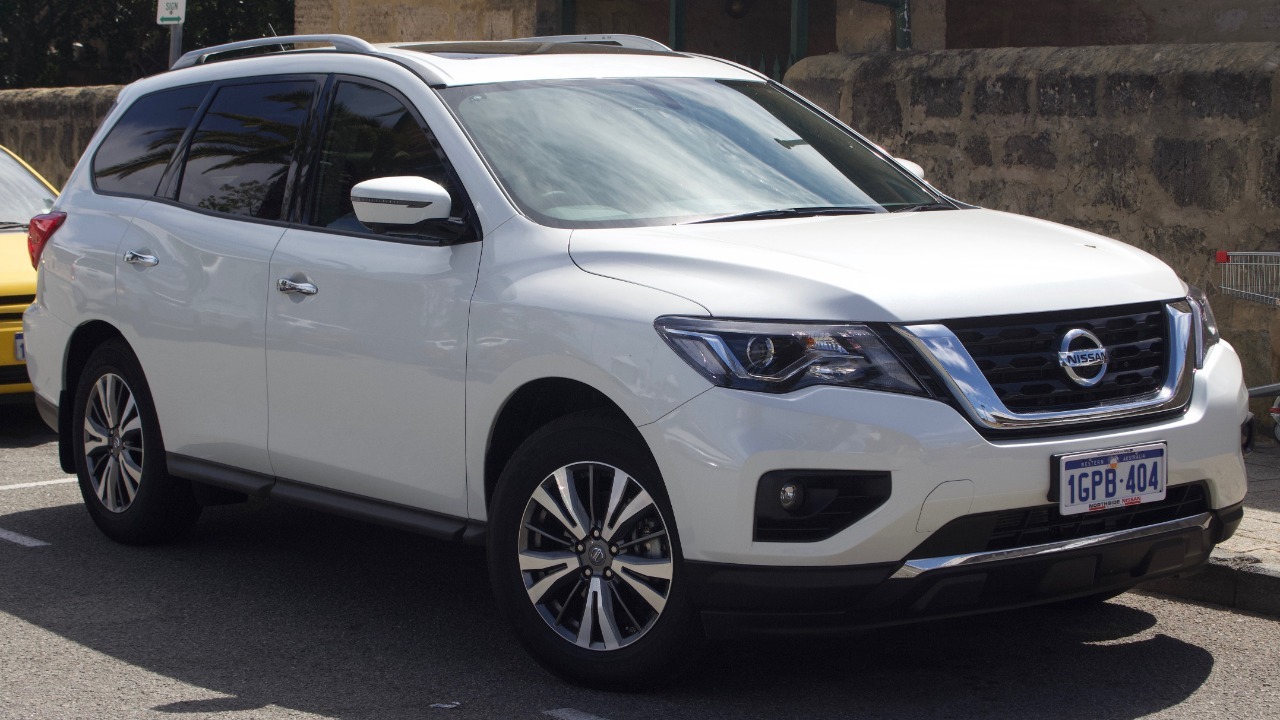
Buying a used car can be a cost-effective way to own a vehicle, but not all used cars are worth the investment. Mechanics often warn against certain makes and models due to their history of frequent breakdowns and costly repairs. Understanding which cars to avoid can save you from future headaches and expenses.
The Impact of Poor Design and Engineering

Some car models are infamous for their design flaws, which can result in frequent mechanical failures. For instance, the Ford Focus, particularly the 2012 and 2013 models, has been criticized for its problematic transmission system. This design oversight has led to numerous complaints and a series of recalls over the years. Such issues highlight the importance of thorough research before purchasing a used car.
In addition to design flaws, engineering oversights often result in recalls that can signal ongoing reliability issues. The Chevrolet Cruze from the early 2010s faced multiple recalls due to engine fires and brake problems. While recalls can sometimes fix immediate issues, they can also indicate deeper, unresolved problems that might surface later.
High Maintenance and Repair Costs

Some vehicles come with the burden of expensive parts and labor, making them less economical choices in the long term. For example, the BMW 7 Series is known for its luxury features but also for costly repairs. The complexity of its components often requires specialized knowledge and expensive parts, leading to high maintenance bills.
Additionally, certain cars have a reputation for frequent breakdowns and service needs, which can significantly impact your budget. The Mini Cooper, while stylish and fun to drive, is notorious for requiring frequent repairs. Owners often report issues with the clutch and transmission, which can lead to substantial expenses over the car’s lifetime.
Electronic and Technological Issues

Many modern cars come equipped with advanced electronics that, while convenient, can also be prone to failure. The Tesla Model S, for example, is celebrated for its cutting-edge technology but has faced criticism for its finicky electronic systems. Problems with the touch screen and software glitches can lead to costly repairs and a frustrating ownership experience.
Furthermore, cars like the Jeep Cherokee, especially those produced between 2014 and 2015, have suffered from chronic electronic and software issues. Malfunctions in the powertrain control module and other sensors can degrade the driving experience and lead to unexpected expenses for the owner.
Poor Resale Value and Depreciation

Some car models are notorious for rapid depreciation, which can be a significant factor to consider when buying used. The Fiat 500, for instance, tends to lose its value quickly, making it a less attractive option for those looking to resell in the future. Rapid depreciation can lead to poor resale potential, impacting your overall investment.
Market perceptions and resale challenges also play a role in a car’s value. Cars with a reputation for reliability issues often struggle to attract buyers, further diminishing their resale value. For example, the Dodge Dart, discontinued after 2016, has a tarnished reputation that affects its desirability among used car buyers, despite its initially appealing price point.
Consumer Reviews and Mechanic Insights

Consumer reviews and anecdotal complaints provide valuable insights into recurring problems with specific models. The Nissan Pathfinder, particularly those from the early 2000s, has been criticized by owners for its transmission failures and radiator issues. Such feedback from car owners can serve as a warning sign for potential buyers.
Mechanics offer firsthand experience and advice that can be invaluable when considering a used car purchase. For instance, many mechanics advise against buying the Land Rover Discovery, citing its complex systems and frequent need for repairs. Their testimonials highlight the importance of consulting with professionals who understand the intricacies of these vehicles.
In conclusion, while buying a used car can be a smart financial decision, it’s crucial to be aware of the potential pitfalls associated with certain makes and models. By considering the insights from mechanics, consumer reviews, and documented issues, you can make a more informed choice and avoid costly mistakes.